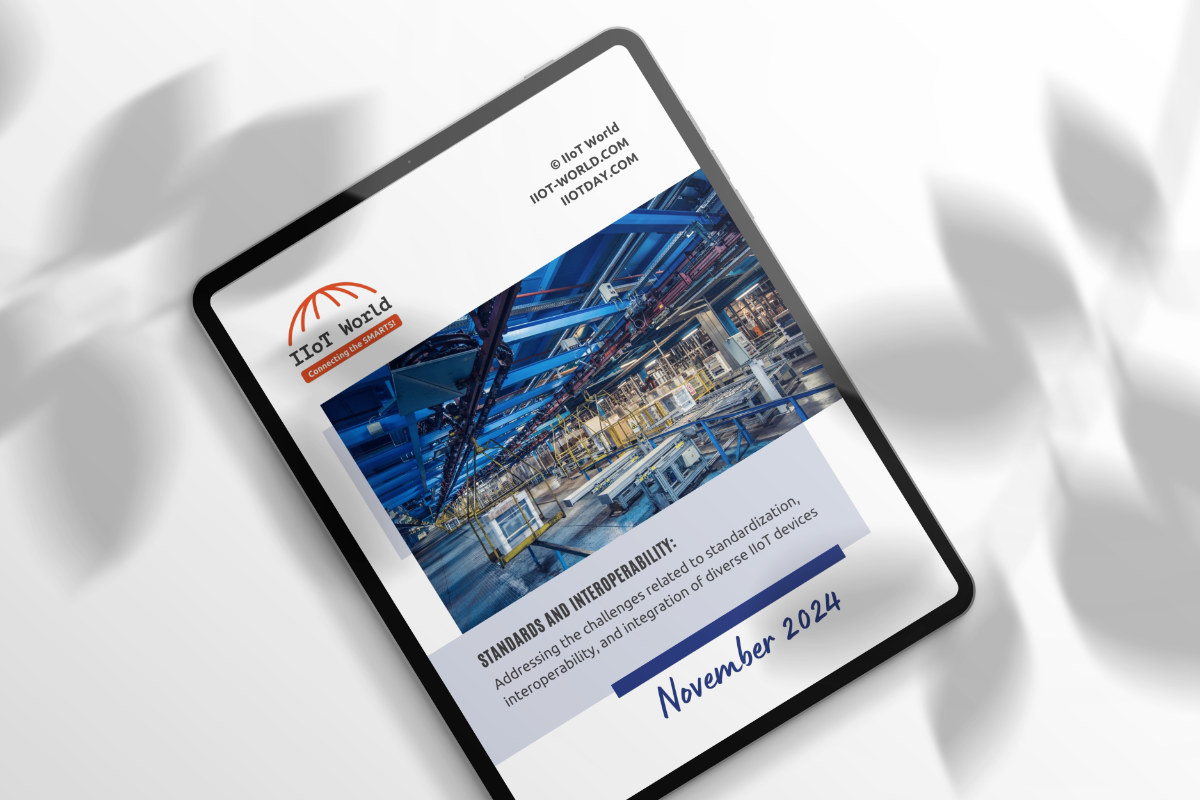Leveraging Industrial Data Ops for Sustainable Manufacturing
As the world focuses on sustainability and reducing carbon footprints, industries are seeking innovative solutions to make their manufacturing processes more environmentally friendly. In a conversation with Torey Penrod-Cambra from HighByte, we discussed how Industrial Data Ops supports sustainable manufacturing and reduces digital waste.
One of the key aspects of Industrial Data Ops in the context of sustainability is improving efficiency and reducing emissions. By collecting data from various sources, such as Programmable Logic Controllers (PLCs), Human-Machine Interfaces (HMIs), and historians, manufacturers can analyze the data to identify areas where energy consumption can be optimized, emissions can be reduced, and first pass yield can be improved. This data-driven approach allows manufacturers to make informed decisions and implement changes that positively impact the environment.
However, it’s important to be strategic about the data that is collected and processed to avoid unnecessary digital waste. Moving large volumes of data to the cloud can contribute to carbon emissions in data centers, which is counterproductive to sustainability efforts. Industrial Data Ops enables organizations to be selective about the data they collect and only focus on the data that is necessary to fulfill their specific use cases. This helps in reducing the amount of data that is transferred to the cloud, minimizing digital waste and lowering the carbon footprint associated with data storage and processing.
Standardization and contextualization of data are also crucial in streamlining the data operations process. By defining data models and standardizing data formats, Industrial Data Ops ensures that data is consistent, reliable, and easily consumable by end applications in the cloud. This reduces the complexity of data integration, improves data quality, and enhances the overall efficiency of data operations.
To summarize, Industrial Data Ops plays a vital role in supporting sustainable manufacturing by enabling organizations to collect, process, and utilize data in a strategic and efficient manner. By leveraging data to optimize energy consumption, reduce emissions, and improve operational efficiency, manufacturers can contribute to sustainability goals and reduce their environmental impact. Additionally, being selective about the data that is moved to the cloud and standardizing data formats helps in minimizing digital waste and lowering carbon emissions associated with data processing. Industrial Data Ops, combined with a mindful approach to data management, can drive sustainable manufacturing practices and promote a greener future for our planet.
This blog post was created based on the script of the video with the assistance of https://chat.openai.com/.



